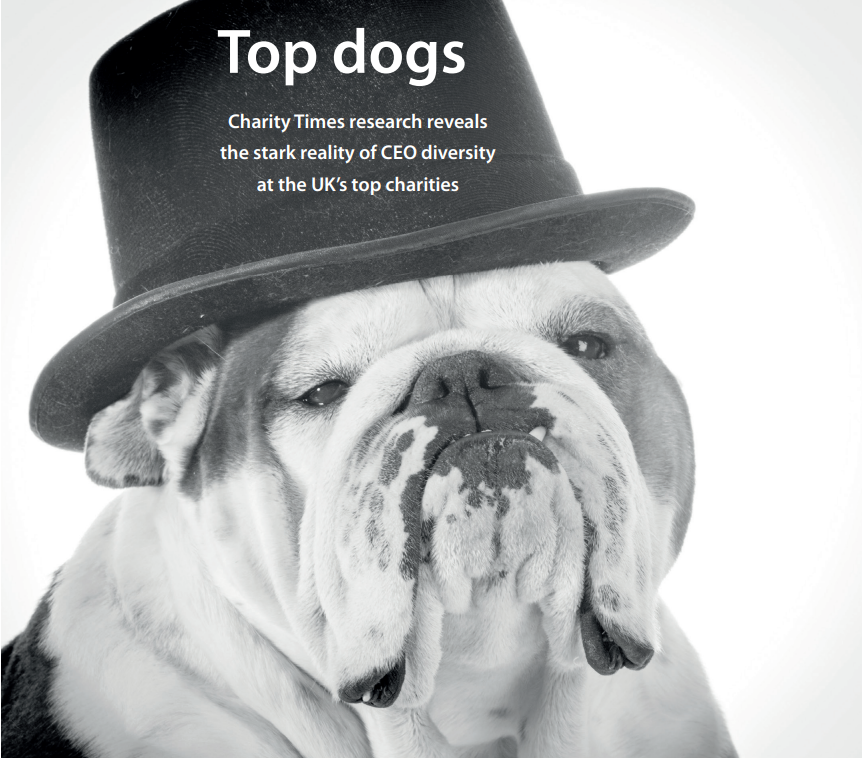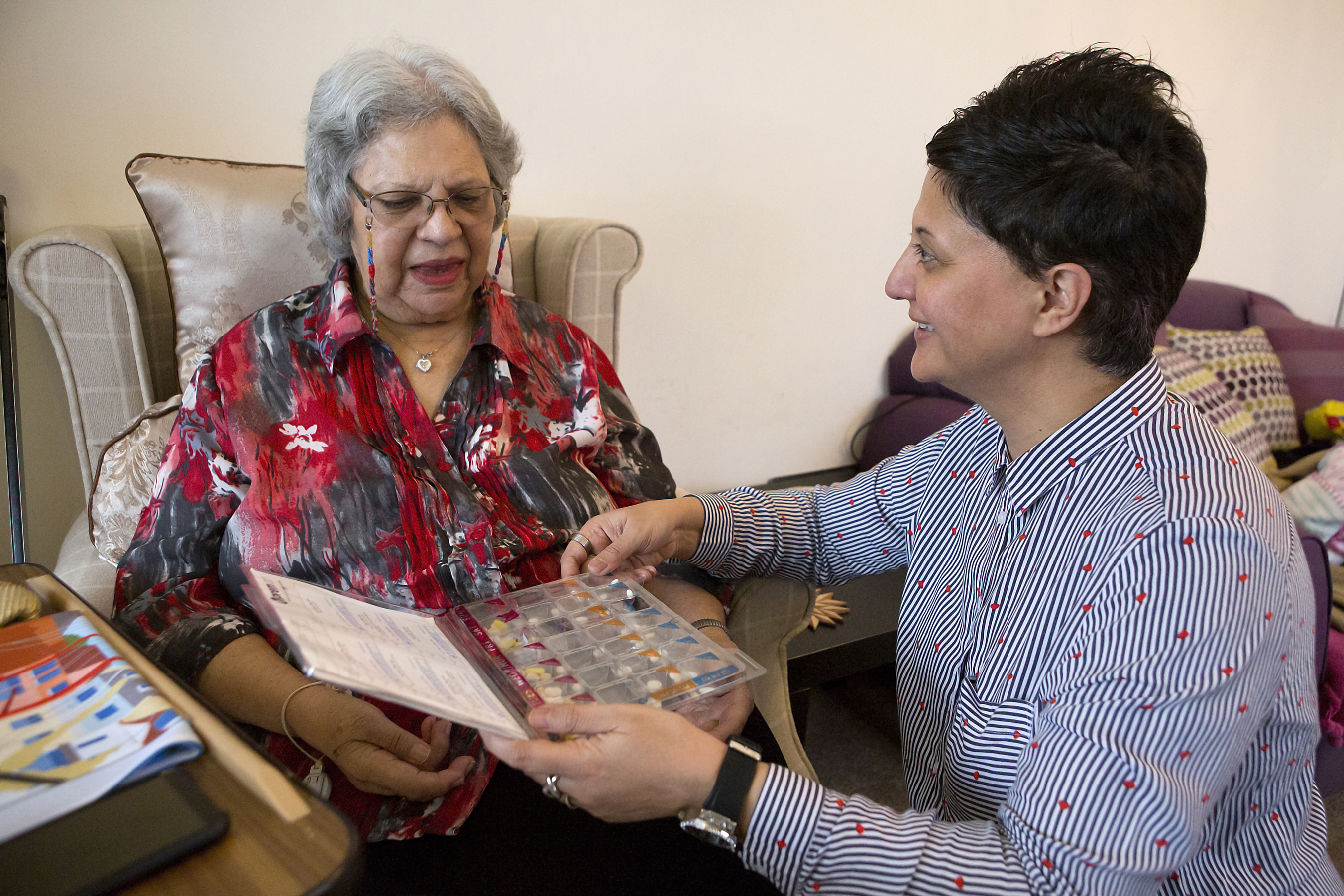Just 2% of CEOs at the UK’s most well-known charities over the past 50 years have not been white.
Exclusive Charity Times research has revealed that out of the 333 people that have been CEOs at the UK's most popular charities since 1970, just eight have been people of colour (POC).
In contrast, there were 16 named David, 15 Mike or Michael and 13 named Jonathan or John.
The research, revealed in the latest issue of Charity Times magazine, looked at the makeup of CEOs and how it has changed over time. It asked the 50 most popular charities (according to YouGov), for the names of their CEOs from 1970 until the present day.
Utilising websites, newspaper and magazine archives and social media, Charity Times found information on race, gender, age, birthplace, education, and time in post for almost all of the CEOs at these charities.
Out of the eight POC, only one was a female. She was also the first POC appointed to a CEO role, taking charge from 1994 for 25 years and tied second for the longest serving CEO on the list.
There was a significant gender split overall, with nearly three-quarters (71%) male. However, that has changed over time, with 96% male in 1970, compared to 48% in 2022, with 2021 as the first year that female CEOs outnumbered male.
Out of the 50 charities studied, six had only ever had male CEOs. There was only one charity with exclusively female CEOs, with two others with a 50/50 split.
Seven of the remaining charities had a higher percentage of female CEOs than male.
The research also found that a quarter (25%) of CEOs were privately educated, with 9% going to grammar school – both higher than the UK averages at 6.5% and 5% respectively.
63% went on to higher education compared to the UK average of 45.7% and out of those, 17% attended Oxford or Cambridge, compared to the 1% of the UK.
Comparing the data over decades shows a trend, with more CEOs moving on to higher education as it becomes more accessible, and a dip in grammar and private school attendance over the 2000s and onwards.
CEOs in the 70s and 80s didn't often go on to higher education, but instead often took on the role in retirement after serving in the armed forces.
The average years a CEO spent in their role is similar between genders and has been steadily declining over time from an average of 14.2 years as CEO in 1970 to 4.44 years in 2022.
Women are more likely, on average, to become CEO at 47.7 years-old, while men average at 49.6years-old, which has broadly stayed the same since 1970.
The youngest CEO was 29, while the oldest was 68 years-old.
The data also revealed that 2020 was both the highest decade for people of colour in CEO roles, and a near 50/50 split for male and female CEOs.
To read the full report, view the latest issue of Charity Times here.

Latest News
Charity Times video Q&A: In conversation with Hilda Hayo, CEO of Dementia UK
Charity Times editor, Lauren Weymouth, is joined by Dementia UK CEO, Hilda Hayo to discuss why the charity receives such high workplace satisfaction results, what a positive working culture looks like and the importance of lived experience among staff. The pair talk about challenges facing the charity, the impact felt by the pandemic and how it's striving to overcome obstacles and continue to be a highly impactful organisation for anybody affected by dementia.
Charity Times Awards 2023
Mitigating risk and reducing claims

The cost-of-living crisis is impacting charities in a number of ways, including the risks they take. Endsleigh Insurance’s* senior risk management consultant Scott Crichton joins Charity Times to discuss the ramifications of prioritising certain types of risk over others, the financial implications risk can have if not managed properly, and tips for charities to help manage those risks.
* Coming soon… Howden, the new name for Endsleigh.
* Coming soon… Howden, the new name for Endsleigh.
Better Society

© 2021 Perspective Publishing Privacy & Cookies










Recent Stories